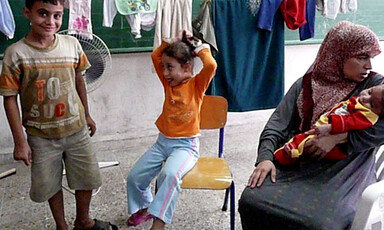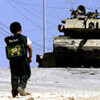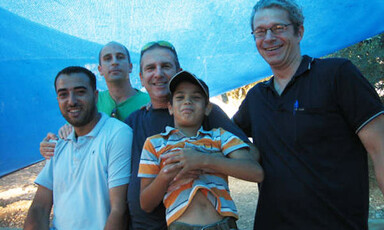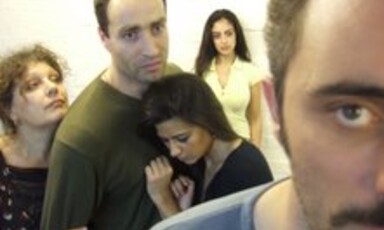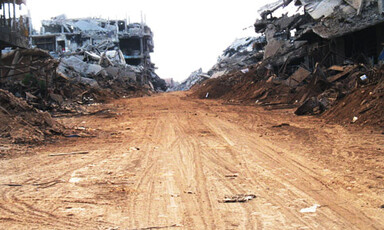
Don't emulate Israel at Guantanamo
29 October 2007
Should the United States, seeking to recalibrate the balance between security and liberty in the “war on terror,” emulate Israel in its treatment of Palestinian detainees? That is the position that Guantanamo detainee lawyers Avi Stadler and John Chandler of Atlanta, and some others, have advocated. That people in US custody could be held incommunicado for years without charges, and could be prosecuted or indefinitely detained on the basis of confessions extracted with torture is worse than a national disgrace. Lisa Hajjar argues that is an assault on the foundations of the rule of law. Read more about Don't emulate Israel at Guantanamo
